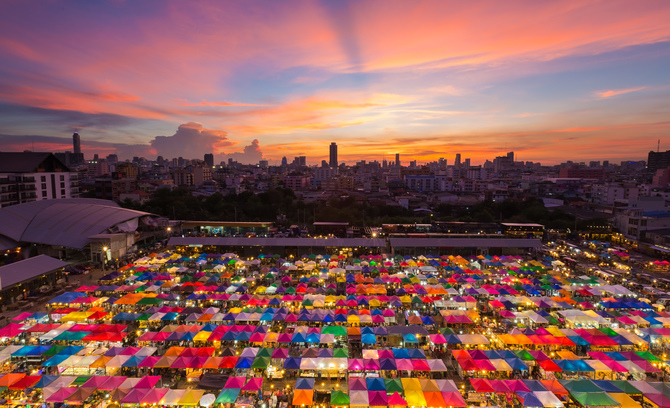You can think of them as sheep with five legs that are held responsible for the liveability of our cities and our country as a whole. But can we hold them responsible for this enormous task?
After all, no part of the Netherlands has not been conceived. And our tradition of planning means that in general a good foundation has been laid for our cities. Spatial policy makers played a leading role in this and dictated how we lived in cities. But urban development is under pressure. Not only from an economic perspective or because of the popularity of the cities, but precisely because of their enormous complexity. It has become increasingly difficult to maintain a good balance within the real estate domain between the available functions and the changing needs of people, who have become leading in the way we use cities. The rapid pace at which technological developments succeed each other and the arrival of COVID-19 contribute to this challenge.
Last year, the pandemic accelerated, whether or not by necessity, to a further changing use of space by people and as a result resulted in a changing urban profile of functions. In our country, the need for spatial efficiency in which innovation, social and economic prosperity is facilitated is greater than ever. This is a tricky business. There are functions "disrupted" by a virtual alternative, other functions may be (partly) preserved, but in a different form. We see a lot of change in the retail market and city centers often have a hard time, while neighborhood shopping centers are busy and last-mile delivery is increasing at a rapid pace. The housing shortage remains high, but the demand is changing. New combinations of functions are needed that reinforce and support each other, taking into account changing spatial markets. More than ever, it is important to look 'supra-urban'. There are places in and around the city where a new foundation can be laid for the coming decades in the coming years. By providing insight into where offices can continue to function and where they cannot (anymore), but also where space must be left for green space in the city, now and in the future.
We demand a continuous focus from a city profiler on continuing to improve the basis of existing cities. This is based on an integrated approach aimed at both top-down and bottom-up insights into movements, location choices and needs in the market and with a vision of the supra-urban development based on national frameworks. It is becoming increasingly difficult to look beyond 5 years ahead. A city profiler must keep an overview of what is happening in a city, be able to fathom the current situation, understand macro trends and combine this with lessons from the past. All set from the broader context of surrounding cities, regions, provinces and the Netherlands as a whole.
Fortunately, the availability of data offers the possibility to make these in-depth analyzes, to link profiles of users to them and to understand (supra) urban movements. City profilers can use this to make model-based predictions of developments and apply scenario analyzes to them. This stands or falls, of course, with the quality and availability of data in all shapes and sizes and from a multitude of sources. Let us not underestimate the complexity of our spatial development and the need for true city profilers. And at the same time value the impact and possibilities of data, but also the necessity of it and ensure that we do our urban development on the basis of data-driven decisions. In this way we maintain spatial control, real estate can remain a means and not an end in itself, and together we make the Netherlands a little more beautiful every day with our fantastic cities.
Every month a column is published on a topic related to the value of the city. This vision is based on internal research and dialogue with internal and external stakeholders, in close collaboration with consultants and analysts from our Real Estate Strategy & Innovation team. More background can be found in our Insight: City Profiler.













